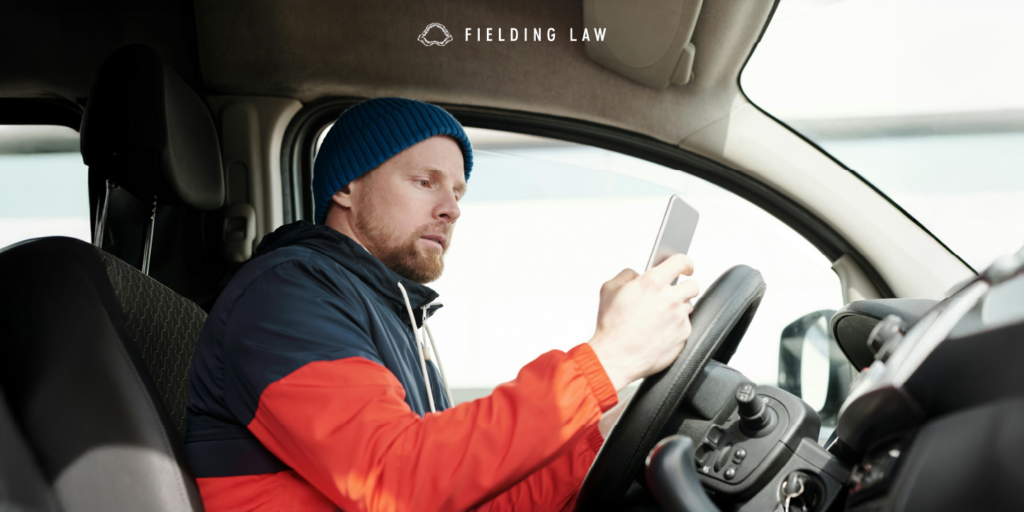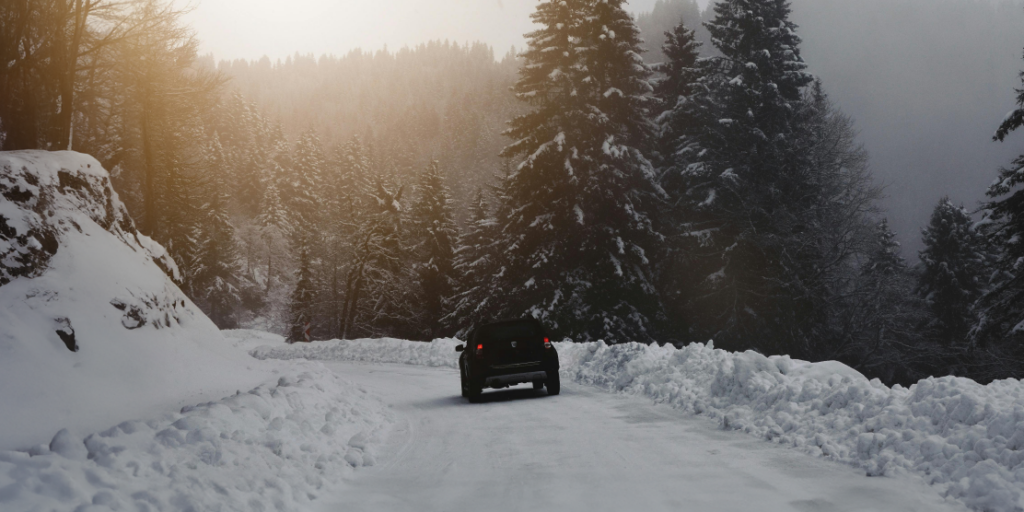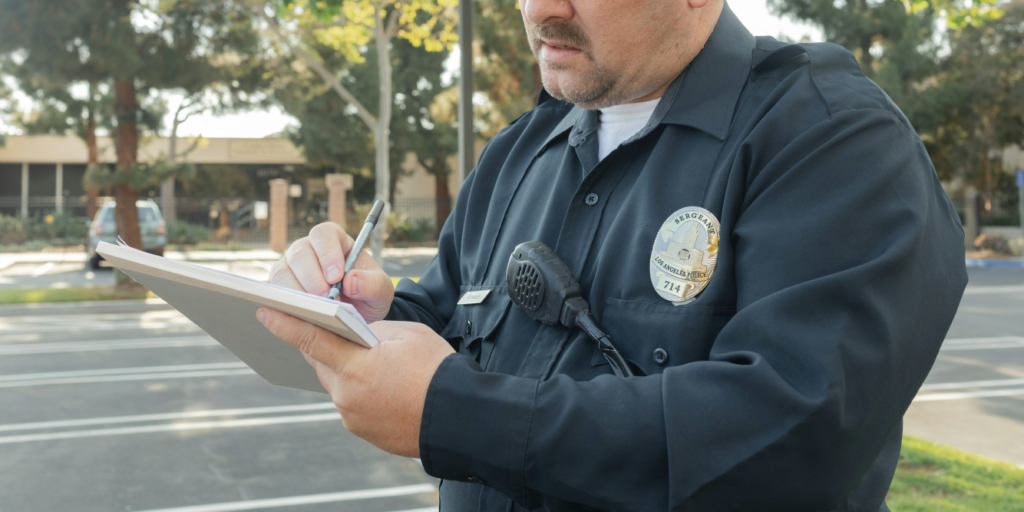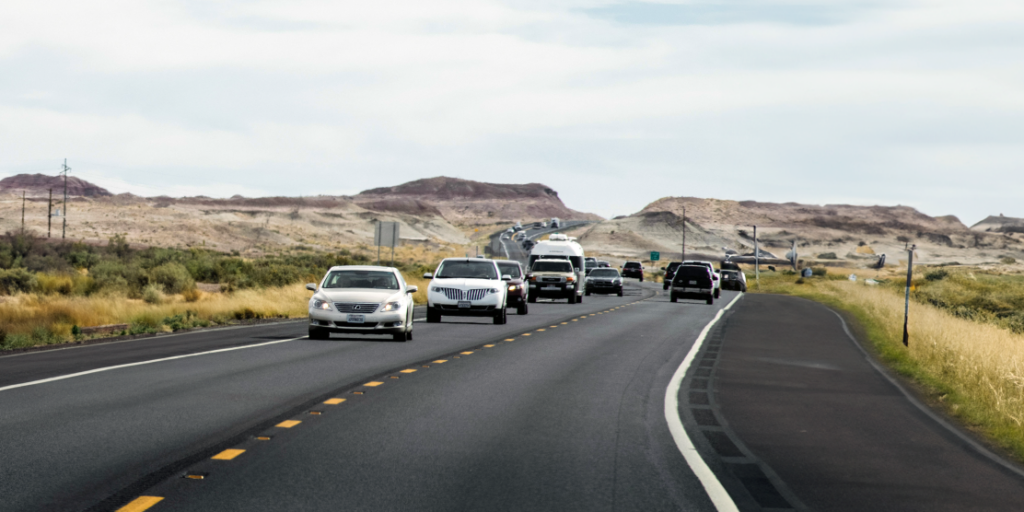
Even the most seasoned drivers can fall into bad habits, forgetting the essential techniques learned in drivers training. Over time, small lapses in driving behavior can lead to accidents or dangerous situations. Revisiting the basics of safe driving habits can help you stay protected on California’s busy and often unpredictable roads.
According to the California Office of Traffic Safety (OTS), there were over 187,000 injury collisions in 2022, and California remains one of the states with the highest number of car accidents. Many of these accidents are caused by distracted driving, speeding, or unsafe lane changes — all of which can be avoided by brushing up on safe driving practices.
Here is a reminder of some key habits you may need to revisit.
Commonly Forgotten Safe Driving Habits
- Use Your Turn Signals Early
Many drivers signal too late or forget to signal altogether. This practice can cause accidents by not giving other drivers enough notice. Always signal at least 100 feet before turning or changing lanes. - Follow the 3-Second Rule
Keeping a safe distance between your vehicle and the one in front of you is crucial to prevent rear-end collisions. The 3-second rule helps you maintain a safe following distance: choose a landmark and ensure three seconds pass before your car reaches it after the car in front of you. - Check Your Blind Spots
While blind-spot monitoring systems are helpful, they are not foolproof. Always physically turn to check your blind spots, especially in California’s dense traffic conditions, where lanes are often shared by motorcycles and fast-moving vehicles. - Keep Both Hands on the Wheel
As we get more comfortable driving, it is easy to steer with one hand. However, maintaining control of the vehicle requires two hands on the wheel in the proper position — at “9 and 3” or “8 and 4” o’clock. - Be Mindful of Speed Limits
Speeding is one of the leading causes of accidents in California. In fact, speeding was a factor in 26% of all traffic fatalities nationwide in 2021, according to the National Highway Traffic Safety Administration (NHTSA). Always stick to posted speed limits, especially in residential areas or school zones, where pedestrians and cyclists may be present.
The Impact of Bad Habits on Accident Rates in California
Statistics show that accidents increase when drivers neglect these essential habits. According to the California Highway Patrol (CHP), there were over 3,500 fatalities from traffic accidents in 2021, a significant portion caused by preventable behaviors such as distracted driving or failing to yield.
- Speeding accounts for around 37% of all fatal crashes.
- Distracted driving is responsible for 9% of injury collisions in the state.
- Unsafe lane changes cause thousands of accidents each year, contributing to California’s high traffic accident rate.
By refreshing your knowledge of safe driving habits, you can reduce your chances of becoming part of these troubling statistics.
Protect Yourself with Safe Driving Habits
Maintaining awareness of your driving behavior is key to keeping yourself and others safe on the road. Here are a few additional tips:
- Avoid distractions: Keep your focus on the road, avoid phone use, and limit multitasking while driving.
- Be aware of pedestrians: Especially in urban areas, always scan for pedestrians and cyclists, even when you have the right of way.
- Watch your speed in changing conditions: Rain, fog, and heavy traffic can quickly create dangerous driving environments, so slow down when necessary.
Why Hire Fielding Law?
At Fielding Law, we know that even the most cautious drivers can find themselves in an accident due to another’s negligence. If you are injured in an accident, navigating the legal process on your own can feel overwhelming. Our experienced team will ensure that your rights are protected, and we will fight to get you the compensation you deserve. Contact Fielding Law today at 833.88.SHARK for a free consultation, and let us handle the details while you focus on recovery.
Note: Information provided is for educational purposes and does not constitute legal advice. Always consult with a qualified attorney for legal concerns.










